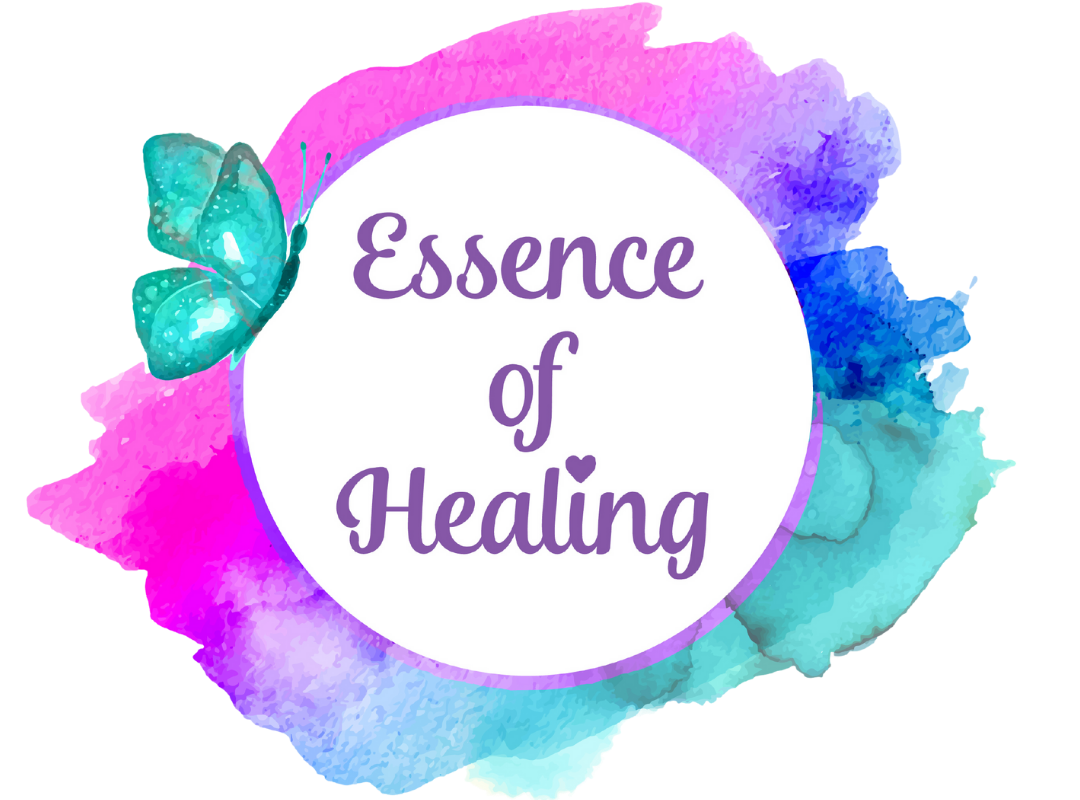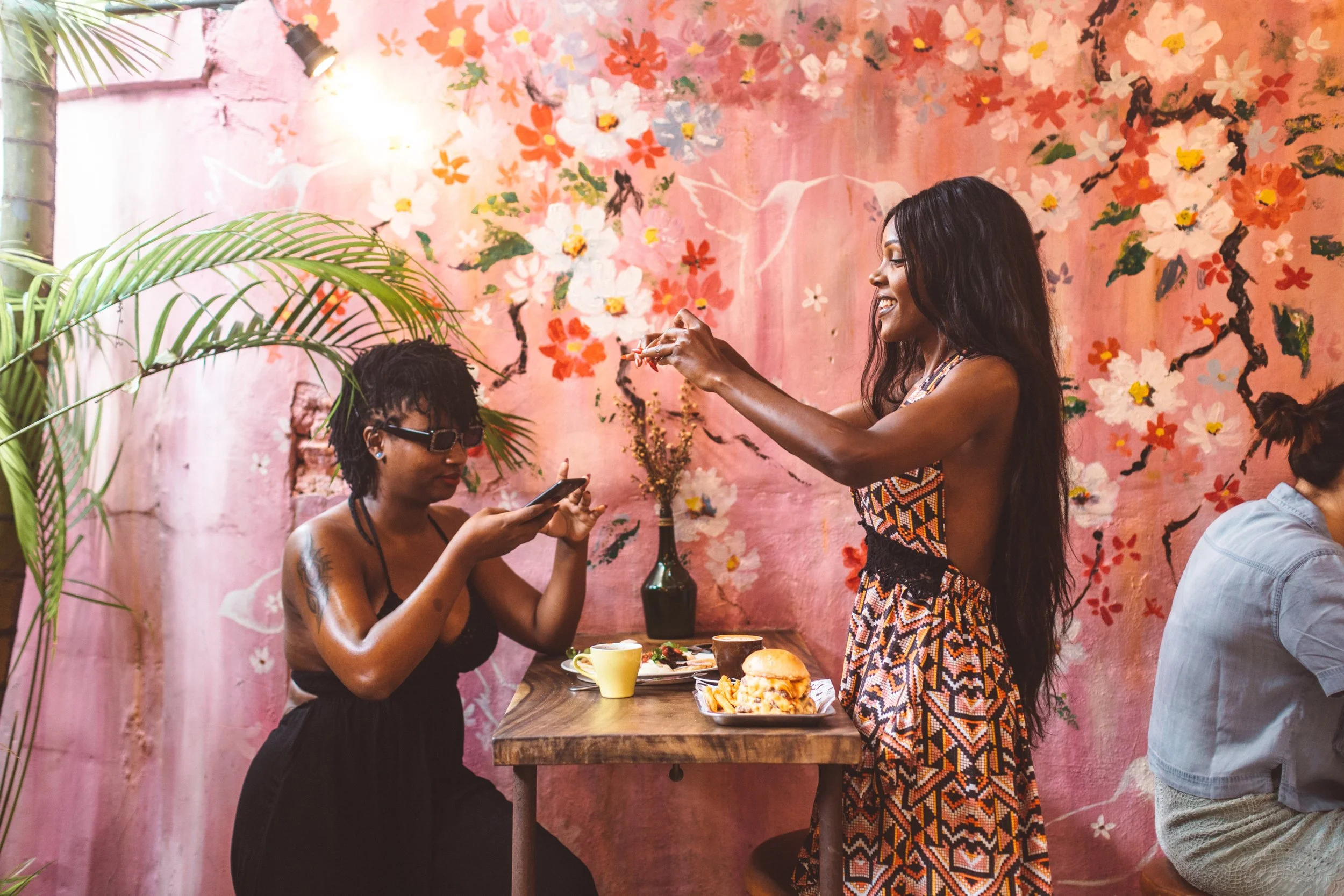THIS is cultural humility training (and why you probably need it)
Cultural humility training is a revolutionary experience you can undertake as an individual or part of an organization, and if given the opportunity, you absolutely should! But what does it mean? Let’s explore cultural humility together more deeply.
What is cultural humility training?
To accurately answer this question, first we need to talk about culture. Defined in a cultural humility text from the APA, culture is more than where we come from- it’s how we experience and view the world. It’s the perspective we frame our emotions, the way we make our meals, and the media we enjoy. Culture is a collection of our personal experiences along with the history of our identities.
Cultural humility is, put simply, the process of honoring the power of culture in every person’s story. It’s an invitation to learning about individuals instead of applying assumptions so that you can be a part of collective healing instead of continued oppression.
Cultural humility vs cultural competence
Cultural competence has been touted as the gold standard for inclusion for a few decades but, honestly, it's missing a few major components. You can read a better history of it here but in order to truly illustrate the difference between the two, let’s get immersive.
Imagine you begin taking French in middle school and you continue on through the rest of your education. When you graduate, you celebrate by taking a trip to Paris. On your first day there, you want to order breakfast so you go to a cafe and order your first french meal using the language skills you’ve acquired throughout your learning.
Two tables over, you hear another American voice dripping with frustration and demanding someone who speaks English as they hold up their phone with Google translate splashed across the screen. They want breakfast too, but with no French skills to speak, they’re using tools that are available and accurate but insufficient to help them communicate effectively in this French-speaking world.
It’s a great starting point to use the tools we have available to coexist with other cultures, but you’ve got to do the work if you want to authentically connect with other cultures. Cultural humility is the bridge between these experiences as it shapes the way you honor and interacts with a space that isn’t yours, without assuming you belong there or understand it entirely.
This is what it means to be culturally humble
I offer cultural humility training among other services to support companies and individuals as they learn more effective ways to develop and support diverse and inclusive spaces in the world. The headers below are examples of the learning outcomes of those trainings and how they apply to your life.
You can accept and own your identity
Part of cultural humility is a deeply personal exploration of the identities you wear in your world and the history that surrounds them. Collective healing begins with personal awareness, and you must be willing to get deep with yourself first.
You welcome engagement with people from backgrounds different than yours
We don’t all come from the same spaces or perspectives but we do all show up with bias. In your day-to-day, it’s important to have compassionate and unconditional positive regard for others’ lived experiences so we can unlearn that bias. A culturally humble person or company will openly invite those differences to cultivate inclusion at every level of their organization.
You actively take notice of power dynamics
Do you remember watching superhero shows as a kid (or an adult, you do you!) and seeing the villain wrapped in an invisible forcefield that prevented the hero from successfully stopping them? That forcefield is a very real presence that many people encounter on a daily basis. Power that goes unacknowledged acts as a barrier between justice, equity, and compassion. Cultural humility training will teach you how to notice that barrier and call it out.
You invite critical thinking into compassionate spaces
It’s easy to take feel-good affirmations at face value, but collective healing occurs when we look beneath intention or surface experience to invite a critical view of our experiences. Is this space truly inclusive, or just claiming to be? Are your intentions honest or does it feel better to pretend they are to avoid hard feelings? Do my intentions align with the impact experienced by others? How would I know if they didn't? Do I help create and foster a culture of feedback? Turning critical thought inward will help you to prevent that invisible forcefield of power inequity from taking hold.
You stay open to learning or unlearning new knowledge
What you know could be true when you learn it, but over time, the truth can change. Or what you know could be true for some but not all. Through the revelation of new knowledge or developments, cultural humility will put you at the forefront of learning by always centering your curiosity ahead of your pride. You’ll learn how to remain open to new knowledge while reflecting critically on the knowledge you already have.
You take accountability for your actions
Everybody fucks up sometimes. It’s not something you’ll be proud of or that you’re looking forward to, but it will happen. The most powerful way you can make a difference to the pain felt when you make a mistake is to prepare yourself with the skills you need to take accountability for those mistakes. Learning how to actively listen, respond without defense, be accountable for the role you play in risk, and own your mistakes is the power move you need to foster healing.
The lenses of your life impact your worldview
At its core, cultural humility training will help you to develop the knowledge and skills required to honor the story of each person you meet. Our collective healing happens through individual recognition and honesty. When you invite cultural humility into your daily life, you are taking ownership of your story and encouraging others to do the same.
To book cultural humility training for your organization, email me today!



